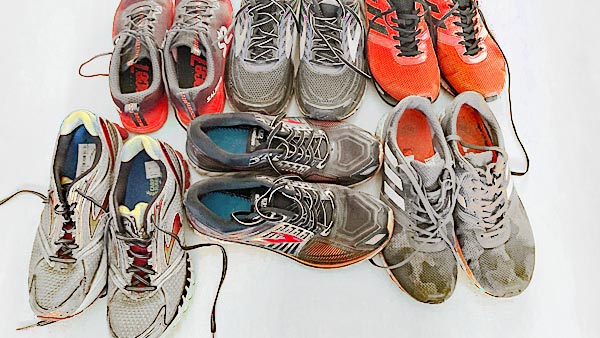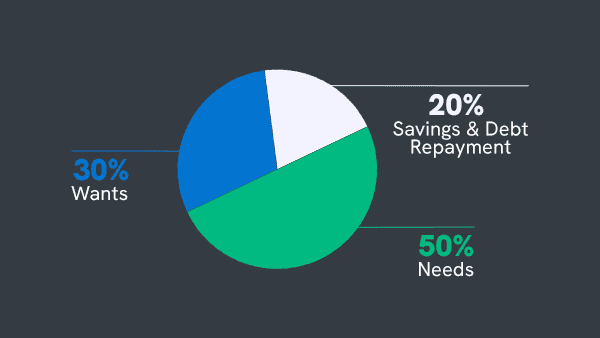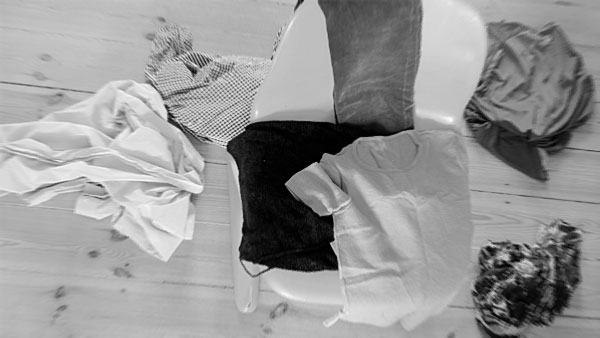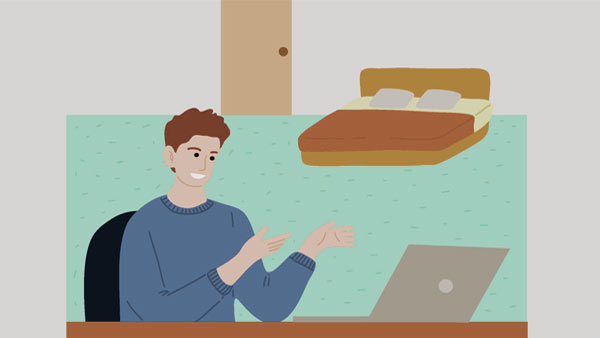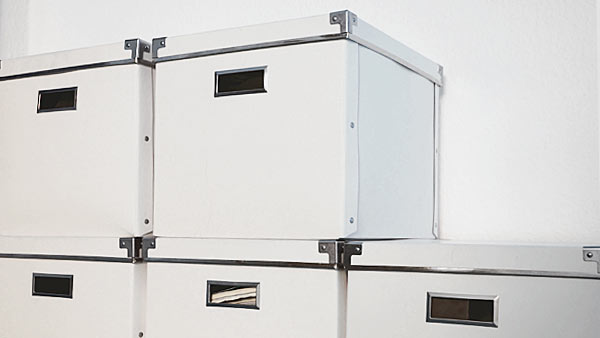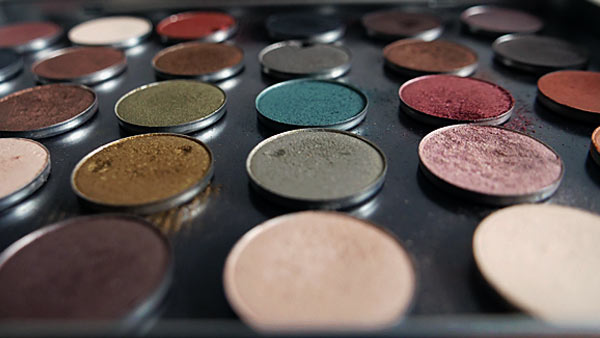Saving can be difficult if you are used to certain luxuries every month. It’s easier to adjust to having more money to spend than the other way round. However, we have compiled 18 money saving hacks to help you on your money saving journey.
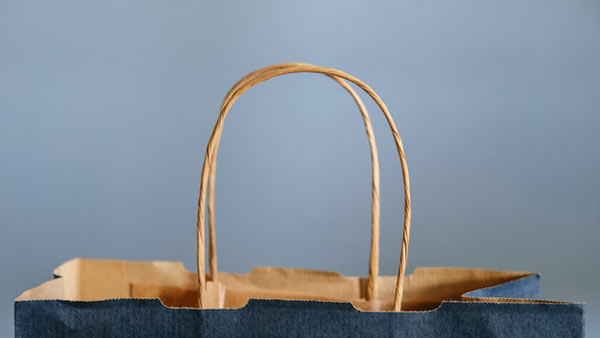
1 – Limit restaurant visits
Eating out, take-aways and convenience foods packaged in little portioned bags, cost a ton. Stop making dining out a habit and cook at home instead. Borrow some cookbooks from the local library if you fancy something that you haven’t cooked before. This way will save money and you’ll learn more about the art of cooking, novel ingredients and interesting spices. A skill that you will keep forever.
2 – Don’t party all the time
Don’t go out all the time. Limit your entertainment days i.e. try to party no more than a couple of weekends per month. Going out all the time is expensive. Rather than going out just because that’s what you do, only attend the events that truly interest you. Do not succumb to FOMO. Instead, find ways of going out that do not cost anything, such as walking in the park, going to a free museum or exhibition, a cycling tour…
3 – Set a budget every month and stick to it
Try a no buy month on all non-essentials such as clothes, tech, entertainment, going out etc, or assign a budget for each and make sure you keep to it. These days there are many budgeting apps available to help you.
4 – Buy your needed items/foods in bulk when on offer
If you find offers and you have the storage, you could be saving a lot of money on value packs and bulk offers on things that you always use and need regularly.
5 – Cancel subscriptions you don’t use or need
Check all your subscriptions and cancel if you haven’t used them for some time. You can always renew them in the future.
6 – Make your own lunches
Work lunch can be expensive whether you buy a sandwich or eat in a restaurant or canteen. The monthly cost could be many £100s. Instead of going out every day, limit it to once or twice a week and bring your own instead. Cook double portions, or pack a sandwich and some fruit for lunch.
7 – Try to fix or alter things before buying new
Instead of buying a new pair of jeans because of a broken zipper, get it fixed by a tailor or DIY. Give furniture new life with a coat of fresh paint. This could make an old dresser look appealing and like new again. For technical equipment, try to get it repaired before trashing it.
8 – Use less electricity
You can save additional energy if you don’t leave electronics on stand-by. Use power banks for multiple electrical devices to switch them all off in one go. Make a habit of switching electronics off.
9 – Declutter your home and sell your excess
If you have a cluttered home, full of stuff that you don’t need, try to sell it via Ebay or classifieds. If the items are valuable and functioning they could find a new home helping someone else, and you get some money out of it. Make a habit of selling unwanted things so that they do not take up unnecessary space in your life.
10 – Only buy what you truly need
This one is hard, because most of the things we buy, other than food and other essentials, are not really needed. However, we humans want things all the time, and get constantly seduced by shiny adverts, celebrities and influencers. It can be hard to abstain. But ultimately, if you do, you will save a lot of money. A good strategy may be to keep a list of the things that you want, allocate a budget for your wants, and then decide which item on the list truly deserves the investment.
11 – Use less cleaning products
Limiting the specialist products to a few multi-purpose items will also save you money. For example, use soap instead of shower gels and hand washing liquids. Don’t use fabric softener, they smell synthetic, and can irritate your skin. Plus, pretty much anything can be cleaned with vinegar and baking soda. A dash of methylated spirit into warm water can get rid of the dirtiest surface and it costs pennies!
12 – Use a bicycle instead of your car or public transport
If you can, do it like the Danes and the Dutch and use a bicycle. Not only is it cheaper, but also a great work out!
13 – Choose store brand products
For any branded product, there is a cheaper non-brand alternative available, which in some cases is even made in the same factory.
14 – Ask your employer for a pay rise
With high inflation and energy prices rising, there is a good argument that wages should go up as well. If you haven’t had a pay rise in a long time, then it’s time to ask for one.
15 – Wear sweaters and fleeces to save money on heating
Lower the temperature to 21 Celsius and wear sweaters and fleeces. Plus, draft stoppers for the doors and windows can help keeping the cold out. Heat the rooms steadily. It takes more energy to heat up a very cold room.
16 – Use eco cycles on your washing machine to save energy
Not all clothes need to be washed at 60 degrees. Jumpers, cotton or wool, where there is little contact with the body, are okay to be washed in a cold cycle.
Also – unless you sweat a lot, there is also no need to change your shirts and jumpers every day. You save energy and your clothes stay nice for longer. Jeans connoisseurs even advise against washing jeans altogether, or only when it is absolutely necessary.
Plus, most modern machines have eco cycles for all temperatures. It takes longer but will save energy.
17 – Check if you need all your insurances or can get a better deal
If you have a ton of insurances, check if it’s worth to keep them. For example, if you have a yearly travel insurance, but don’t travel more than once or twice per year, it might be cheaper to “pay as you go”. Also, if you have car insurance and have had no claims for a long time, you could be getting a cheaper deal with a new provider.
18 – Don’t succumb to FOMO when shopping
Things will not disappear for you only. If they are gone, they are gone for the rest of us. Most things that we can buy are not unique, there will always be something out there that is just as good and does the job the same way as whatever it is that you want now so badly. Let go of FOMO.

